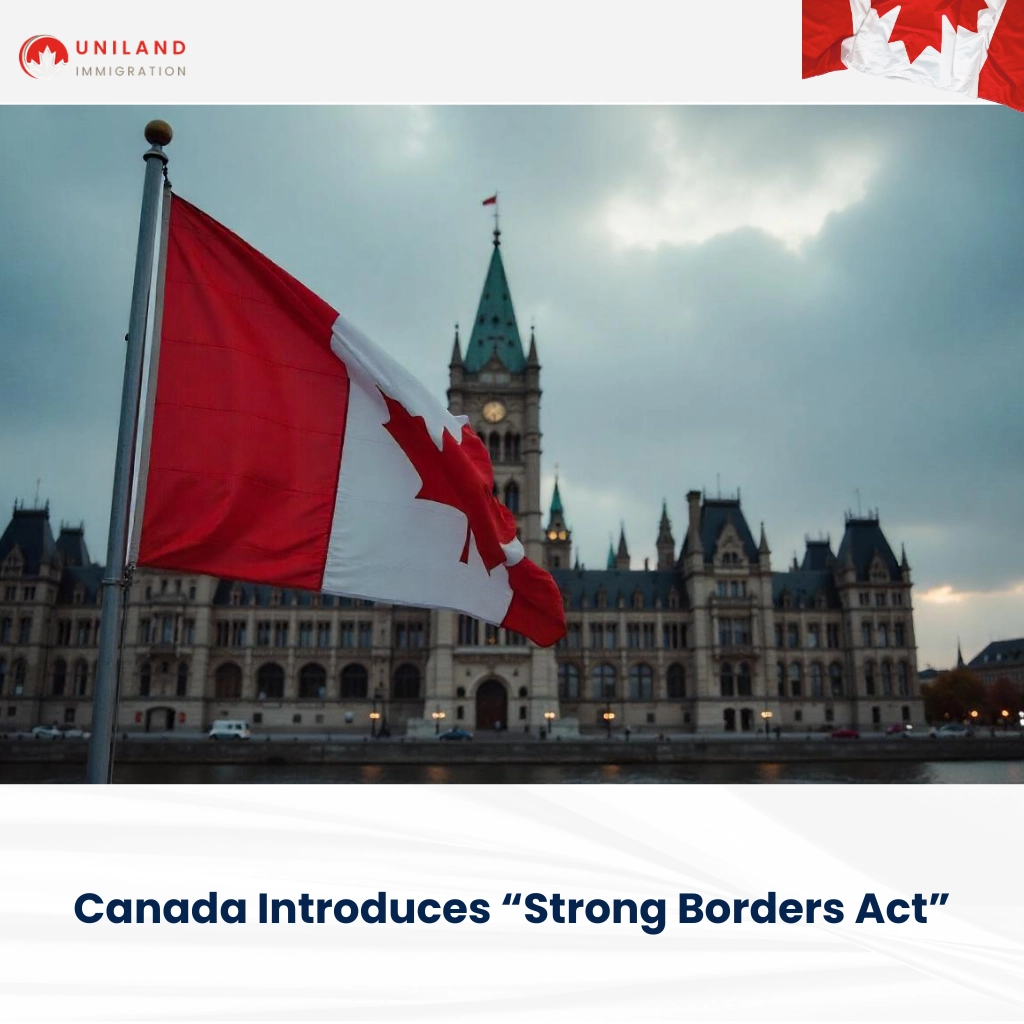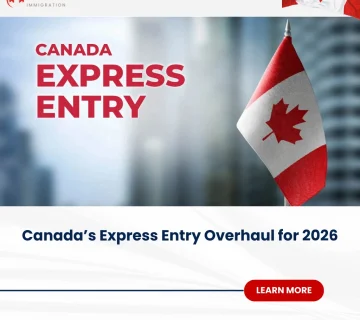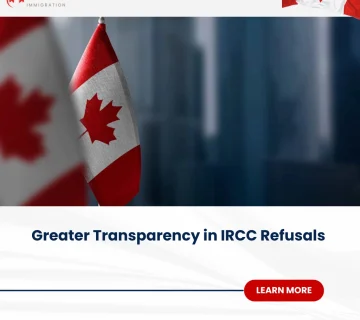
The Government of Canada has recently introduced a new bill titled the Strong Borders Act, aimed at strengthening border controls, addressing organized crime, and reforming the country’s asylum procedures.
Under the proposed legislation, some asylum seekers may no longer be eligible for a full hearing before the Immigration and Refugee Board of Canada. This applies to individuals who:
- Have been in Canada for more than one year before making a refugee claim; or
- Entered from the United States but delayed their claim by more than two weeks.
Instead, these individuals would undergo a Pre-Removal Risk Assessment (PRRA), which historically has had a significantly lower approval rate (30%) compared to full refugee hearings (approximately 60%).
The bill also expands government powers, allowing immigration officials to suspend, cancel, or amend immigration documents if deemed necessary for public interest. It further enhances cooperation with U.S. intelligence agencies and increases the enforcement role of the Canadian Coast Guard.
Civil society organizations and members of Parliament have expressed concern, arguing that the bill may undermine procedural fairness and violate international obligations. Critics warn that it could limit access to protection for vulnerable individuals fleeing persecution.
Analysts suggest the bill is also a political response to increasing pressure from the United States, particularly in relation to fentanyl trafficking and unauthorized border crossings from Canada.
The Strong Borders Act must still pass through the House of Commons and Senate before becoming law.
Sources:






